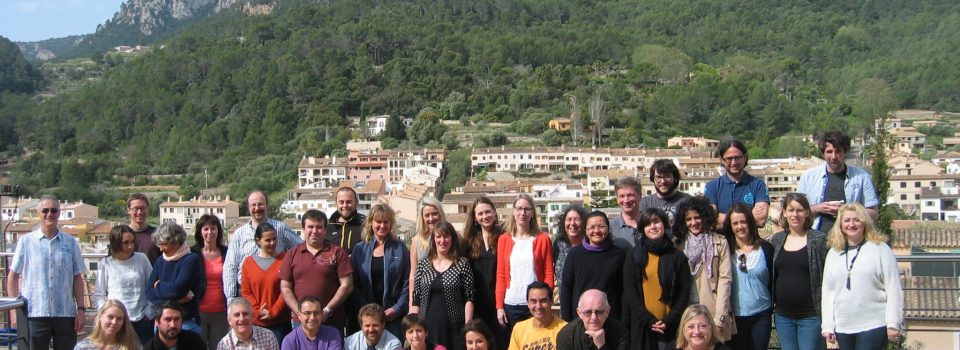IFOP researchers attend to international workshop on otoliths carried out in Spain
May 19th, 2016Between April 18 and 22, at Mallorca, Spain, Francisco Cerna and Guillermo Moyano, researchers of IFOP, attended to International Workshop “Bio chronology on the growing of annual rings of otoliths in marine fish: interaction of the weather at the echo systems of North Atlantic.”
The workshop was given by Dr. Bryan Black of the Institute of Marine Sciences of Texas. He has developed several studies utilizing this methodology.
The objective of the workshop was to look answers for the different variations of fish growing, due to the impact of environmental conditions, such as, temperature, productivity, etc. Besides, in the cases of a high relation between increment variation and the temperature, the otoliths may serve to rebuild series of temperature.
These relations are analyzed and validated by statistical programs COFECHA and CROSSDATE.
Otoliths are small calcareous structures that are located in the otic skull cavity of the fish, these structures present alterations of bands or rings of growth, which by means of several methods, it is possible to estimate the age of the fish. In addition, otoliths are centers of chemical information storage of the medium in which they live during their lifetime, which allows to carry out studies of fish population, migratory patterns, age validation, among others. All this information is very important during the evaluation and management of fishing resources.
Guillermo Moyano commented about the activity, “during the workshop, an exercise was carried out which integrated all the concepts and methodologies presented on the first two days. A methodology of measurement of annual rings width from long lived species was taught, performing measurements of an important number of samples given by the workshop organizers, creating this way, a data base. This was correlated later with the changeable temperature of sea surface, through the previously mentioned programs. The results obtained were discussed by all the attendants.”
Francisco Cerna, Head of Aging and Growing of IFOP added “the representatives of the main laboratories of chronology met in order to learn the basics of the essential techniques of the bio chronology development, and the most important, identify and collect the species more promising, which will be adequate for this type of approach. Besides, some important collaboration agreements were made among the different laboratories attending to the workshop.”
